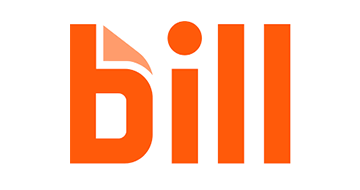
| Starting Price | $45/month |
|---|---|
| Pricing Model | Subscriber based |
| Free Trial | Yes |
| Free Version | No |
Financial reporting software revolutionizes how businesses generate, analyze, and distribute financial statements by automating complex calculations, ensuring regulatory compliance, and delivering real-time insights that drive strategic decision-making.
Our article will go over financial reporting software and what it can do for you as a business. Our financial reporting comparison table will assist you in deciding between various financial reporting software. You can compare and contrast them before selecting the one that best meets your requirements.

| Starting Price | $45/month |
|---|---|
| Pricing Model | Subscriber based |
| Free Trial | Yes |
| Free Version | No |

| Starting price | Free |
|---|---|
| Free trial | Yes |
| Free version | Yes |
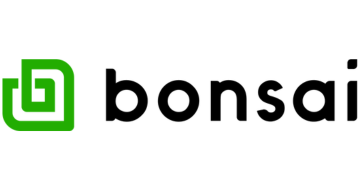
| Starting price | $17/month |
|---|---|
| Pricing model | Per User |
| Free Trial | Yes |
| Free Version | No |

| Starting price | £18/mo |
|---|---|
| Free trial | 3 months |
| Free version | No |
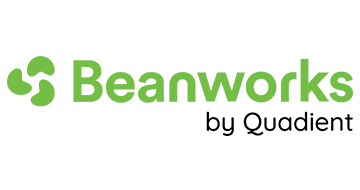
| Starting Price | Contact Beanworks |
|---|---|
| Pricing Model | Quotation based |
| Free Trial | No |
| Free Version | Yes |
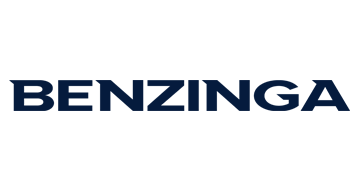
| Starting Price | $27/Month |
|---|---|
| Pricing Model | Subscriber based |
| Free Trial | Yes |
| Free Version | No |
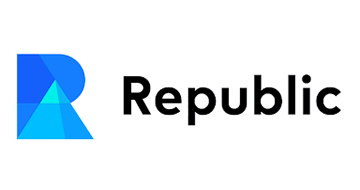
| Starting Price | $10 |
|---|---|
| Free Trial | No |
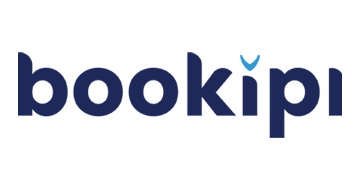
| Starting Price | Free |
|---|---|
| Pricing model | Free |
| Free Trial | Yes |
| Free Version | Yes |
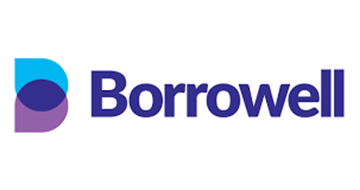
| Starting Price | $10/month |
|---|---|
| Free Version | Yes |
| Free Trial | No |
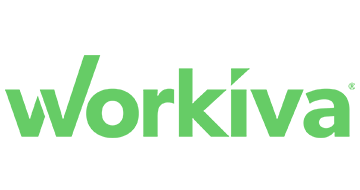
| Starting price | Contact for price |
|---|---|
| Pricing model | Subscriber based |
| Free Trial | Yes |
| Free Version | No |
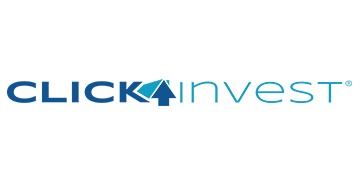
| Starting price | Contact for price |
|---|---|
| Pricing model | Subscriber based |
| Free Trial | No |
| Free Version | No |
Financial reporting platforms consolidate data from multiple sources to create comprehensive financial statements, management reports, and regulatory filings automatically. These systems eliminate manual spreadsheet work while ensuring accuracy, consistency, and compliance with accounting standards like GAAP and IFRS.
Modern solutions integrate seamlessly with best accounting software and finance and accounting platforms, creating unified financial ecosystems that support everything from daily operations to board-level strategic planning.
Leading platforms automatically compile balance sheets, income statements, and cash flow statements from connected accounting systems. Advanced automation reduces month-end closing time from weeks to days while eliminating manual errors.
Modern business intelligence analytics software capabilities provide instant visibility into key financial metrics through customizable dashboards that update automatically as data changes.
Enterprise-grade solutions support multiple accounting standards simultaneously, enabling organizations to generate reports for different jurisdictions and regulatory requirements from single data sources.
Comprehensive platforms connect with ERP systems, data management software, and third-party applications to consolidate financial information across departments and subsidiaries.
Team-oriented features enable multiple stakeholders to contribute to financial analysis while maintaining data integrity through role-based access controls and approval workflows.
| Feature | Small Business | Enterprise | Why It Matters |
|---|---|---|---|
| Basic Financial Statements | ✓ | ✓ | Required for all businesses |
| Custom Report Builder | Limited | ✓ | Tailors reports to specific needs |
| Multi-Currency Support | Optional | ✓ | Essential for global operations |
| Audit Trail Capabilities | Basic | Advanced | Ensures regulatory compliance |
| API Integration | Limited | ✓ | Connects with existing systems |
| Advanced Analytics | Optional | ✓ | Supports strategic planning |
| White-Label Reporting | No | ✓ | Maintains brand consistency |
Modern SaaS solutions offer scalability, automatic updates, and remote accessibility while reducing IT infrastructure costs. These platforms typically integrate with existing accounting software for entrepreneurs and scale with business growth.
Comprehensive solutions combine financial reporting with budgeting, forecasting, and strategic planning capabilities. These platforms serve large organizations requiring sophisticated analytics and multi-dimensional reporting.
Specialized platforms address unique requirements for sectors like healthcare, manufacturing, and financial services, incorporating industry-specific KPIs and regulatory requirements.
Financial reporting platforms connect seamlessly with expense management software and core business systems to automatically pull transactional data, eliminating manual data entry and reducing errors.
Integration with data, reporting, and analytics platforms enables advanced trend analysis, predictive modeling, and strategic insights that extend beyond traditional financial reporting.
Connection with compliance software ensures regulatory requirements are met automatically while maintaining comprehensive audit trails for internal and external reviews.
Simple businesses need basic financial statements and standard reports. Complex organizations require multi-dimensional analysis, segment reporting, and sophisticated consolidation capabilities.
Evaluate how well potential solutions integrate with current finance and accounting software infrastructure. Seamless integration reduces implementation time and ongoing maintenance complexity.
Select platforms that accommodate increasing data volumes, additional users, and expanded reporting requirements as your organization grows.
Financial reporting software must meet stringent security requirements including SOX compliance, data encryption, and role-based access controls to protect sensitive financial information.
Begin implementation by configuring basic financial statements before adding complex management reports. This phased approach ensures data accuracy and system reliability.
Create logical account mappings that align with both internal reporting needs and external regulatory requirements. Consistent mapping improves report accuracy and simplifies analysis.
Configure automatic report generation and distribution schedules to ensure stakeholders receive timely financial information without manual intervention.
Develop standardized report formats that maintain consistency across periods and enable meaningful trend analysis and benchmarking.
Implement continuous monitoring dashboards that provide instant visibility into key financial metrics, enabling proactive management of cash flow, profitability, and operational efficiency.
Leverage historical data and statistical modeling to forecast future financial performance, identify potential risks, and optimize resource allocation decisions.
Configure automated alerts for budget variances, unusual transactions, and performance anomalies to enable rapid response to financial issues.
Financial reporting systems handle the most sensitive business information, requiring enterprise-grade security measures including:
Review vendor security certifications and data handling policies to ensure compliance with industry regulations and internal security requirements.
Consider implementation services, user training, ongoing maintenance, and potential cost savings from improved efficiency when evaluating financial reporting solutions.
Artificial intelligence enhances financial reporting through automated anomaly detection, intelligent commentary generation, and predictive insights that help finance teams focus on strategic analysis.
Advanced platforms enable continuous accounting and real-time financial reporting, providing stakeholders with up-to-the-minute financial information for faster decision-making.
Modern solutions incorporate advanced visualization tools and interactive dashboards that make complex financial information more accessible to non-financial stakeholders.
Successful financial reporting software selection requires careful evaluation of current requirements, growth projections, and integration needs. Consider these critical factors:
Automated data consolidation eliminates manual transcription errors while built-in validation rules ensure data integrity across all reports and statements.
Automated report generation and real-time data integration reduce month-end closing time from weeks to days, enabling faster strategic decision-making.
Professional report formatting and automated distribution ensure stakeholders receive consistent, timely financial information in easily digestible formats.
Built-in compliance features and audit trails ensure organizations meet regulatory requirements while reducing the risk of compliance violations.
Advanced analytics capabilities transform financial data into actionable insights that support strategic planning and operational optimization.
The right financial reporting software transforms raw financial data into strategic intelligence that drives business growth. Whether generating basic financial statements or complex management reports, these platforms provide the foundation for informed decision-making and sustainable success.
By leveraging automated reporting, real-time analytics, and comprehensive integration capabilities, organizations gain unprecedented visibility into their financial performance while reducing the time and effort required for financial reporting activities.